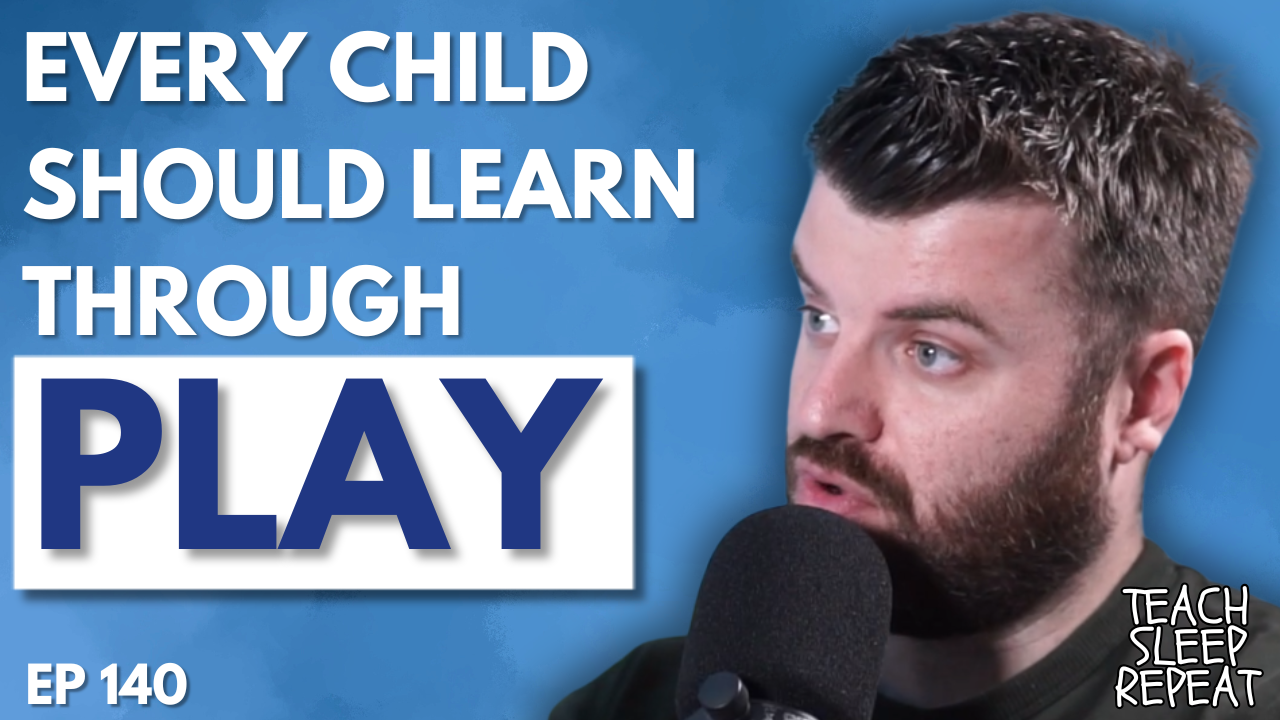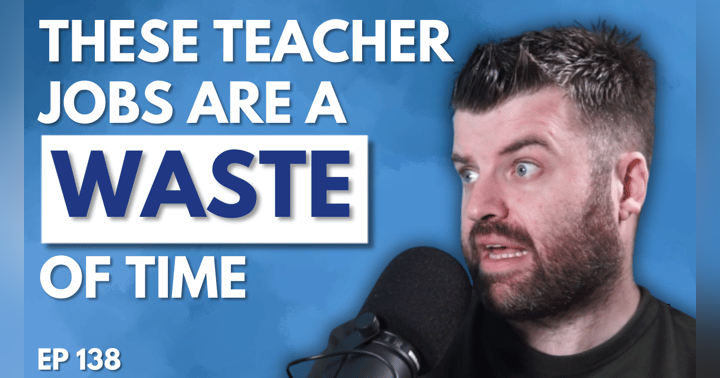The Power of Play: Why Continuous Provision Matters for Every Child

If you spend any time in an Early Years classroom you will quickly see that learning does not always happen at a desk. It happens in the role play corner where children negotiate who is the shopkeeper. It happens in the sand tray where pouring and measuring quietly build mathematical understanding. It happens when a tower of blocks collapses and a child immediately sets about working out how to build it stronger next time.
This approach has a name: continuous provision. Put simply it means creating an environment where children can explore investigate and practise skills in a purposeful way day after day. Rather than learning being confined to short adult led activities the provision itself is carefully designed to give children freedom independence and real opportunities to apply what they know.
What Is Continuous Provision?
Continuous provision is not just play. It is the backbone of the Early Years environment. Teachers and practitioners set up rich areas of learning from writing stations and small world play to outdoor construction and messy play which remain in place over time.
The continuous part means children can return again and again revisiting skills and concepts in new ways. A role play area may start as a home corner then evolve into a vets surgery, then a travel agents, each version stretching children’s imagination vocabulary and social interaction.
Why Every Child Benefits
Play is a child’s natural language. Through it they learn to collaborate problem solve test theories and build resilience. Continuous provision gives them:
Independence Choosing where to go and what to explore builds ownership of learning.
Creativity Open ended resources mean there is not one right answer and this encourages flexible thinking.
Language development Peer to peer talk in play is rich, authentic and constant.
Embedded learning Skills introduced in whole class teaching are strengthened as children apply them in play.
Inclusion Every child regardless of background or ability can access learning at their own level.
This is why continuous provision is not a nice extra but a fundamental part of education. When schools narrow their focus to worksheets and formal lessons too soon we risk stripping away the very experiences that help children flourish.
Why Play Should Continue Beyond the Early Years
It can be tempting to think of play as something that belongs only in the Early Years Foundation Stage, but the truth is that children in Key Stage 1 and 2 benefit just as much from playful learning. Older pupils thrive when they are given chances to learn through exploration and discovery.
Play in primary classrooms does not mean less rigour. It means building in opportunities for drama, role play, problem solving, games, practical investigations and creative projects that bring learning to life. These approaches help children make deeper connections between subjects develop resilience when tasks are challenging and collaborate meaningfully with their peers.
When we keep play in the curriculum for older children, we are recognising that curiosity, imagination and hands on experiences are vital at every stage of development. A Year 5 pupil experimenting with circuits in science or taking part in a history role play is still learning through play. A Year 3 pupil building arrays with counters, sweets or model cars to explore multiplication is still learning.
Every classroom can benefit from these approaches because play is not a distraction from learning. It is a powerful route into it.
Final Thought
As educators parents and policymakers we have a responsibility to remember that play is not the opposite of learning. It is the foundation of it. Continuous provision is not about letting children just play. It is about creating the right environment where curiosity thrives and learning lasts.
If we want confident creative resilient learners we need to give play the respect it deserves.






